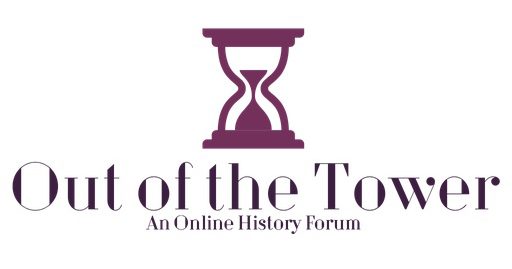
On a muggy summer morning in August 1920, House Speaker Seth Walker of the Tennessee State Legislature declared: “The hour has come!” He was attempting to call to order a special session that was set to vote on the ratification of the Nineteenth Amendment. The seventh name on the speaker’s roll call list was Harry Burn, a young twenty-four-year-old Republican lawmaker from McMinn County. Unbeknownst to the suffragists, and Burn’s own colleagues, he carried in his breast pocket a letter from his mother, Phoebe Ensminger Burn. His mother’s note instructed him to “be a good boy” and vote for ratification. When the clerk called Burn’s name, he surprised almost everyone by voting in favor of the amendment
 This charming anecdote would probably not hold too much historical value, if it was not for the fact that Burn’s vote was the key ballot that made Tennessee the thirty-sixth state to ratify the Nineteenth Amendment. With Tennessee’s favorable vote, the amendment now had the three-fourths of the states necessary to make it a part of the supreme law of the land. “I think that a boy should take the advice of his mother,” Burn explained, “and my mother wanted me to vote for ratification.”[1 After the decades long suffrage struggle, it was an elderly mother in the Tennessee mountains who helped guarantee the final vote necessary to secure the ratification of federal woman suffrage.
This charming anecdote would probably not hold too much historical value, if it was not for the fact that Burn’s vote was the key ballot that made Tennessee the thirty-sixth state to ratify the Nineteenth Amendment. With Tennessee’s favorable vote, the amendment now had the three-fourths of the states necessary to make it a part of the supreme law of the land. “I think that a boy should take the advice of his mother,” Burn explained, “and my mother wanted me to vote for ratification.”[1 After the decades long suffrage struggle, it was an elderly mother in the Tennessee mountains who helped guarantee the final vote necessary to secure the ratification of federal woman suffrage.
 So, tonight, as I watch my husband put my wonderfully feisty two-year-old daughter to bed, I want to thank Phoebe Ensminger Burn. Thank you for pushing your son to do the right thing. Thank you for doing your part to ensure that women are able to directly partake in the governance of our country.
So, tonight, as I watch my husband put my wonderfully feisty two-year-old daughter to bed, I want to thank Phoebe Ensminger Burn. Thank you for pushing your son to do the right thing. Thank you for doing your part to ensure that women are able to directly partake in the governance of our country.
~Rebecca DeWolf, PhD
[1] E. Dispatch, “Why Vote Changed,” Los Angeles Times, 29 August 1920, I1
